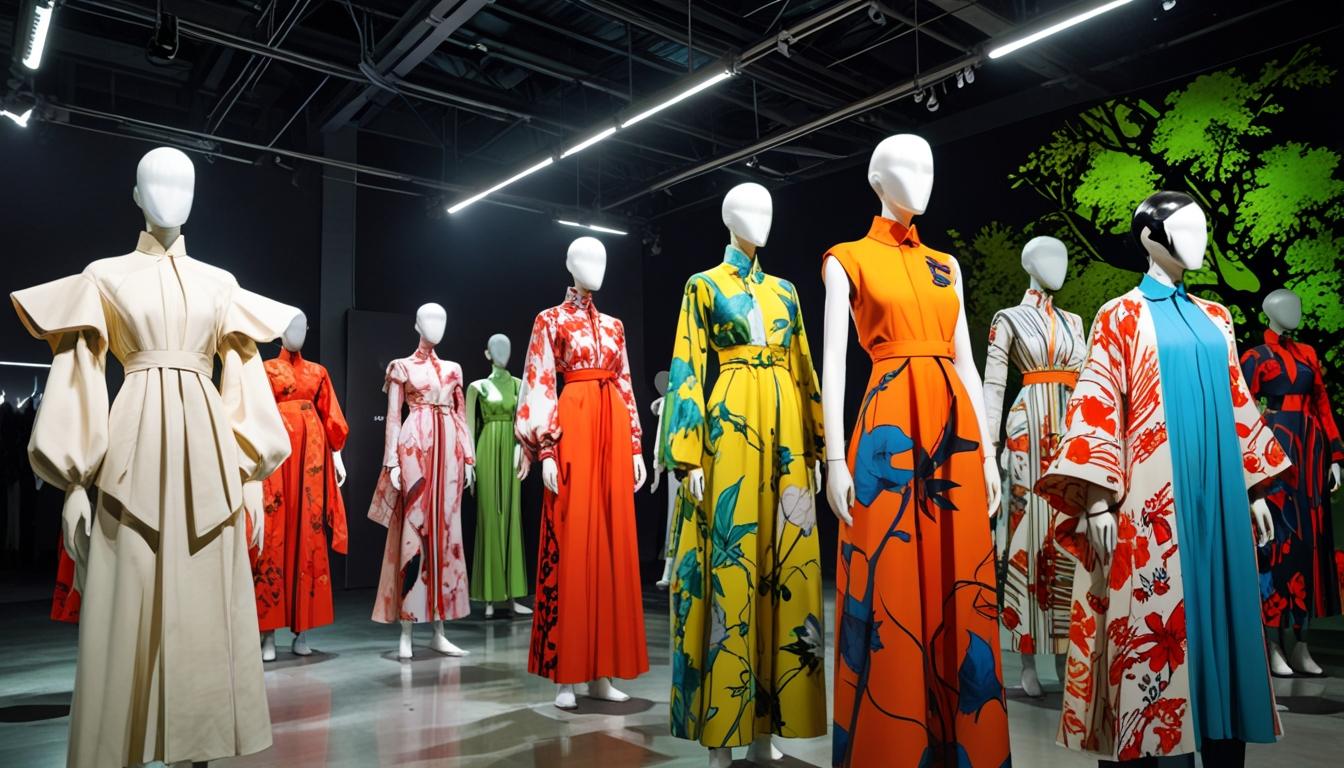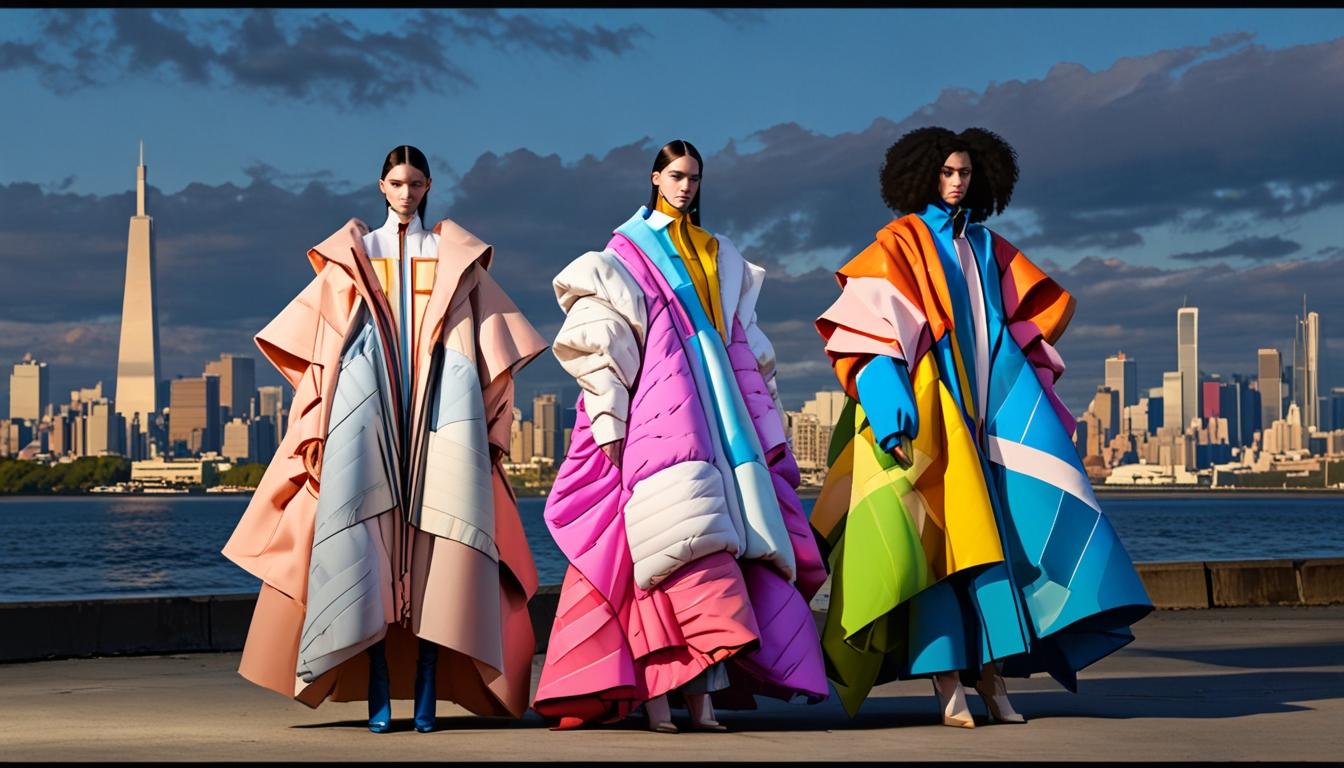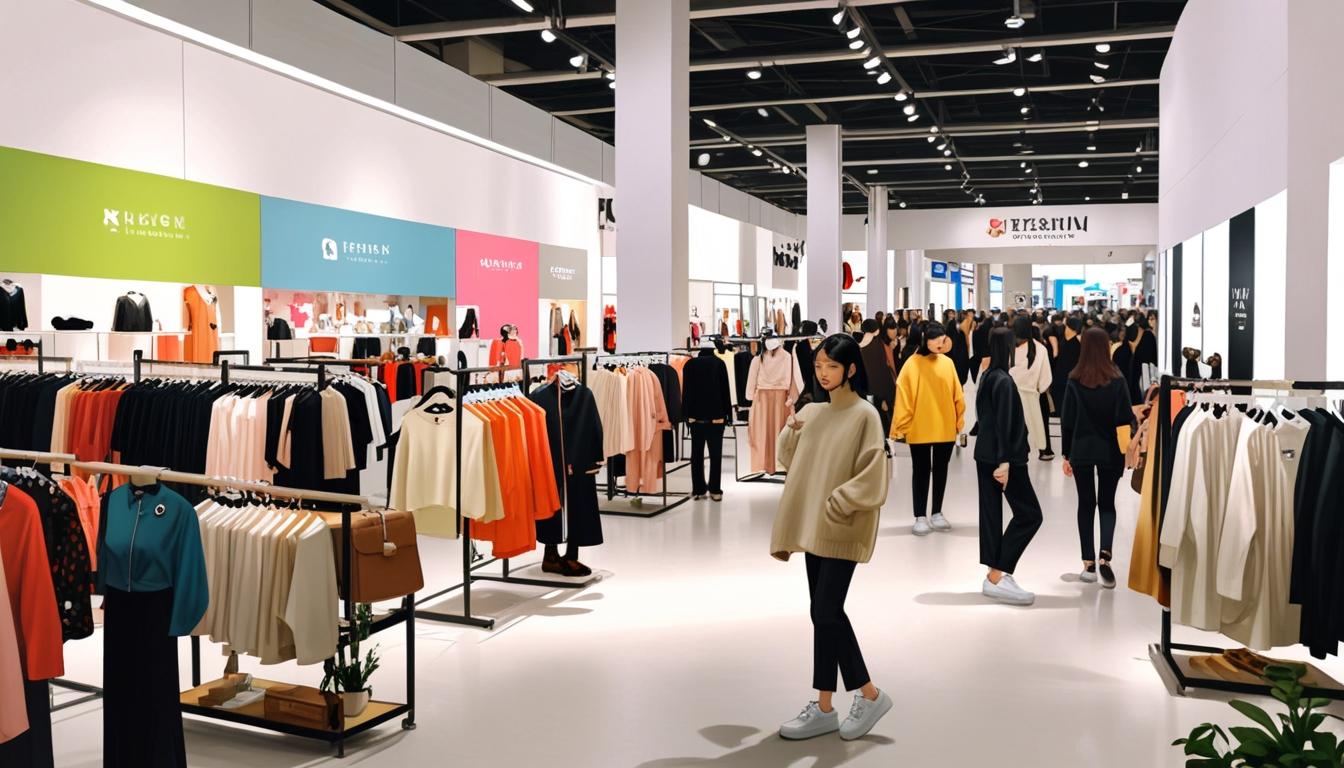Eight designers from across Asia are set to compete for the inaugural Sustasia Fashion Prize, with a focus on creativity and sustainability in fashion.
On Friday, a notable event in the realm of sustainable fashion is set to take place in Shanghai, where eight innovative designers from across Asia will present their creations in the competition for the first Sustasia Fashion Prize. This initiative is cohosted by the Shanghai Fashion Designer Association and sustainability agency Yehyehyeh, headed by Shaway Yeh.
The finalists, representing a diverse array of backgrounds and perspectives, include Tommy Ambiyo Tedji from Indonesia; India’s Pratyush Kumar; Vietnam’s Kha Hoang Ngo; Jaggy Glarino from the Philippines; Karmuel Young from Hong Kong; Angel Chen and Ruohan Nie from mainland China; and Tetsuya Doi from Japan. Their designs will be evaluated by a distinguished panel of judges comprising industry experts such as Andrew Wu, president of LVMH Greater China; Stella Zhang, general manager of corporate affairs and ESG management at JNBY; and Li Na, a celebrated Chinese tennis player. Additional judges include Sarah Cragg, Asia head at the Earthshot Prize; Christophe Mollet, China CEO of Seiya Nakamura 2.24; You Si, general manager of commercial marketing at Xiaohongshu; Xiaolei Lv, secretary general at Shanghai Fashion Week and executive vice chairman of the Shanghai Fashion Designer Association; along with Yeh, who is also a judge.
The winner of the Sustasia Fashion Prize will receive a monetary reward of 100,000 renminbi, equivalent to approximately $14,000. The award not only offers financial support but also facilitates access to supply chain and retail assistance for the winner, promoting further development in the sustainable fashion sector.
In preparation for the competition, these designers have collaborated with global industry leaders to create their final pieces utilizing cutting-edge sustainable materials. Collaborating material providers include Oleatex and Modern Meadow, known for their plant-based leather alternatives; Otex, which specializes in organic silk; Savian by BioFluff, focusing on plant-based fur; Spiber, recognized for its brewed protein-based textiles; as well as companies like Zeno and Erdos, involved in biotech-dyed cashmere production. Other participants include Celys, which produces compostable polyester; InResst, known for recycling nylon from fishing nets; Woolmark and Nanshan fashion, which co-created recycled wool textiles; Advanced Denim, specializing in waterless dyeing technologies; Ecosoi, a pineapple fiber producer; and W.ell Fabrics, known for its bamboo silk.
Yeh emphasized the collaborative effort’s importance, suggesting that integrating material scientists with designers can create a dialogue that enhances understanding in both domains. “The materials scientist can also learn the designers’ language and mindsets,” she noted.
Highlighting her vision for the prize, Yeh expressed a desire to broaden the expression of sustainable fashion, stating, “One of the key values of this prize is to show how creative, sophisticated, diverse, and beautifully crafted that sustainable fashion can look like.” She also noted the event’s potential to spotlight talent from less prominent fashion markets, which she finds inspiring in organizing the prize.
From Saturday through April 6, the works of the finalists will be on public display in an exhibition at Suhe Haus, a historic venue on the banks of Suzhou Creek that has been transformed from a bank into an art hub. This exhibition promises to showcase the innovative designs rooted in sustainability that reflect the unique practices and perspectives of the participating designers from seven countries and regions.
Source: Noah Wire Services




